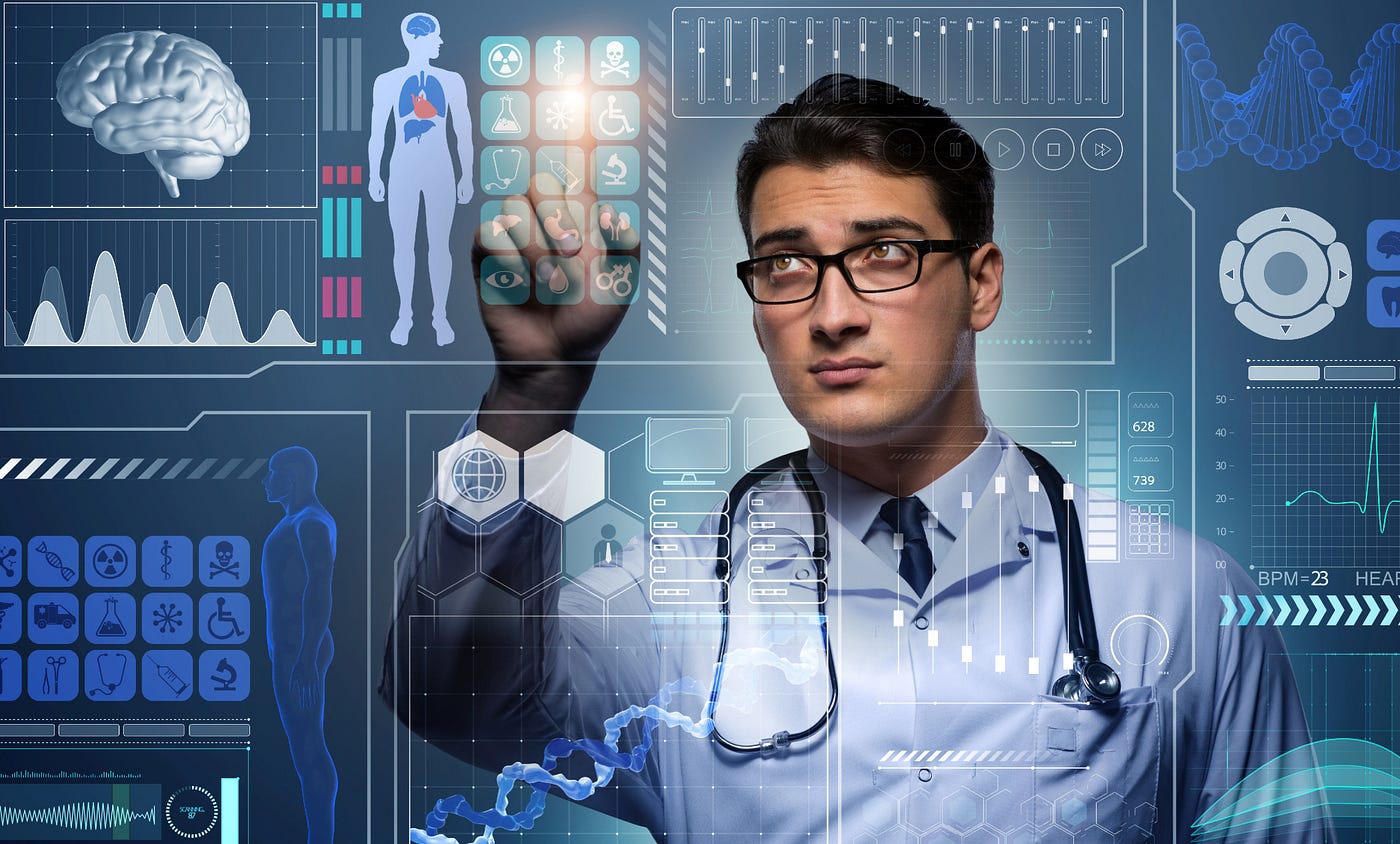As humanity looks beyond our planet and into the vast reaches of space, the role of artificial intelligence (AI) in space exploration has become increasingly prominent. From autonomous rovers to predictive analytics for mission planning, AI is revolutionizing how we explore and understand the cosmos. In this blog, we’ll delve into the groundbreaking ways in which AI is unlocking the potential of space exploration, offering invaluable insights and opportunities to expand our understanding of the universe.
Autonomous Rovers:
One of the most visible applications of AI in space exploration is the use of autonomous rovers to explore celestial bodies such as Mars. These rovers are equipped with AI-driven navigation systems that allow them to traverse rugged terrain, avoid obstacles, and make autonomous decisions based on their surroundings. By leveraging machine learning algorithms, these rovers can analyze images and sensor data in real-time to identify interesting features, such as rock formations or signs of water, and prioritize areas for further exploration. This autonomous capability enables rovers to operate more efficiently and explore larger areas of the Martian surface, ultimately advancing our understanding of the Red Planet and its potential for supporting life.
Predictive Analytics for Mission Planning:
In addition to autonomous rovers, AI is also transforming mission planning for space exploration through predictive analytics. By analyzing vast amounts of data, including orbital dynamics, planetary conditions, and spacecraft performance, AI algorithms can forecast mission outcomes and optimize mission trajectories to maximize scientific return and minimize risk. These predictive analytics enable mission planners to make informed decisions about mission parameters, such as launch windows and landing sites, and anticipate potential challenges before they arise. By harnessing the power of AI-driven predictive analytics, space agencies can conduct more efficient and cost-effective missions, paving the way for groundbreaking discoveries and advancements in our understanding of the cosmos.
AI Chatbot Development Services for Space Missions:
AI chatbot development services are also playing a crucial role in space exploration by providing astronauts and mission controllers with real-time support and assistance. Equipped with natural language processing capabilities, AI chatbots can understand and respond to inquiries from astronauts aboard spacecraft or mission control centers, providing information, guidance, and troubleshooting assistance as needed. These AI-powered chatbots offer a reliable and efficient communication channel for astronauts and mission controllers, enabling them to collaborate effectively and address challenges in real-time, even when communication with Earth is limited. By leveraging AI chatbot development services, space agencies can enhance crew safety, productivity, and mission success, ultimately advancing the frontiers of space exploration.
Generative AI in Healthcare and Its Potential in Space Medicine:
While not directly related to space exploration, the advancements in Generative AI in healthcare hold promise for applications in space medicine. Generative AI algorithms can analyze medical data and generate synthetic patient data, enabling researchers to conduct simulations and experiments to explore the effects of long-duration space missions on human health. By harnessing the power of Generative AI, scientists can develop personalized healthcare solutions for astronauts, monitor their health in real-time, and mitigate the risks associated with space travel, such as bone density loss and muscle atrophy. This innovative approach to space medicine has the potential to revolutionize how we prepare and care for astronauts during long-duration missions, ultimately enabling humanity to explore and inhabit distant worlds beyond our own.

Enhanced Data Analysis and Interpretation:
Another area where AI is revolutionizing space exploration is in data analysis and interpretation. With the vast amount of data collected from space missions, including images, sensor readings, and spectroscopic data, AI algorithms can sift through this data to identify patterns, anomalies, and scientific insights that may have otherwise gone unnoticed. Machine learning techniques allow AI systems to learn from past observations and make predictions about future phenomena, aiding scientists in their quest to understand the complexities of the cosmos. By leveraging AI for data analysis, space agencies can extract valuable insights from their missions, uncovering new discoveries and advancing our knowledge of the universe.
Robotics and Autonomous Systems:
In addition to autonomous rovers, AI-powered robotics and autonomous systems are playing an increasingly vital role in space exploration. From assembling structures in orbit to servicing satellites and spacecraft, robotic systems equipped with AI capabilities can perform tasks that are too dangerous or impractical for human astronauts. These robotic assistants can work independently or alongside human crew members, increasing productivity and efficiency during space missions. Furthermore, AI algorithms enable these robots to adapt to changing environments and unforeseen challenges, making them indispensable assets for future space exploration endeavors.
Ethical Considerations in Space Exploration:
Ethical considerations in space exploration extend beyond environmental impact and resource distribution to encompass the ethical use of AI technologies. As we venture into the cosmos, it’s crucial to ensure that personalized learning principles are integrated into mission planning and execution. This includes prioritizing the well-being of astronauts and providing them with tailored training programs to support their individual learning needs and preferences. By incorporating personalized learning approaches into space exploration endeavors, we can enhance crew safety, optimize performance, and ensure that our exploration efforts uphold the highest ethical standards while advancing humanity’s understanding of the universe.
Conclusion:
In conclusion, AI is unlocking the potential of space exploration in unprecedented ways, from autonomous rovers on Mars to predictive analytics for mission planning and AI chatbot development services for astronaut support. By harnessing the power of AI-driven technologies, space agencies are pushing the boundaries of our understanding of the universe and paving the way for future exploration and discovery. As AI continues to evolve, its role in space exploration will only grow, opening new frontiers and opportunities for humanity to explore the cosmos and unlock the mysteries of the universe.




